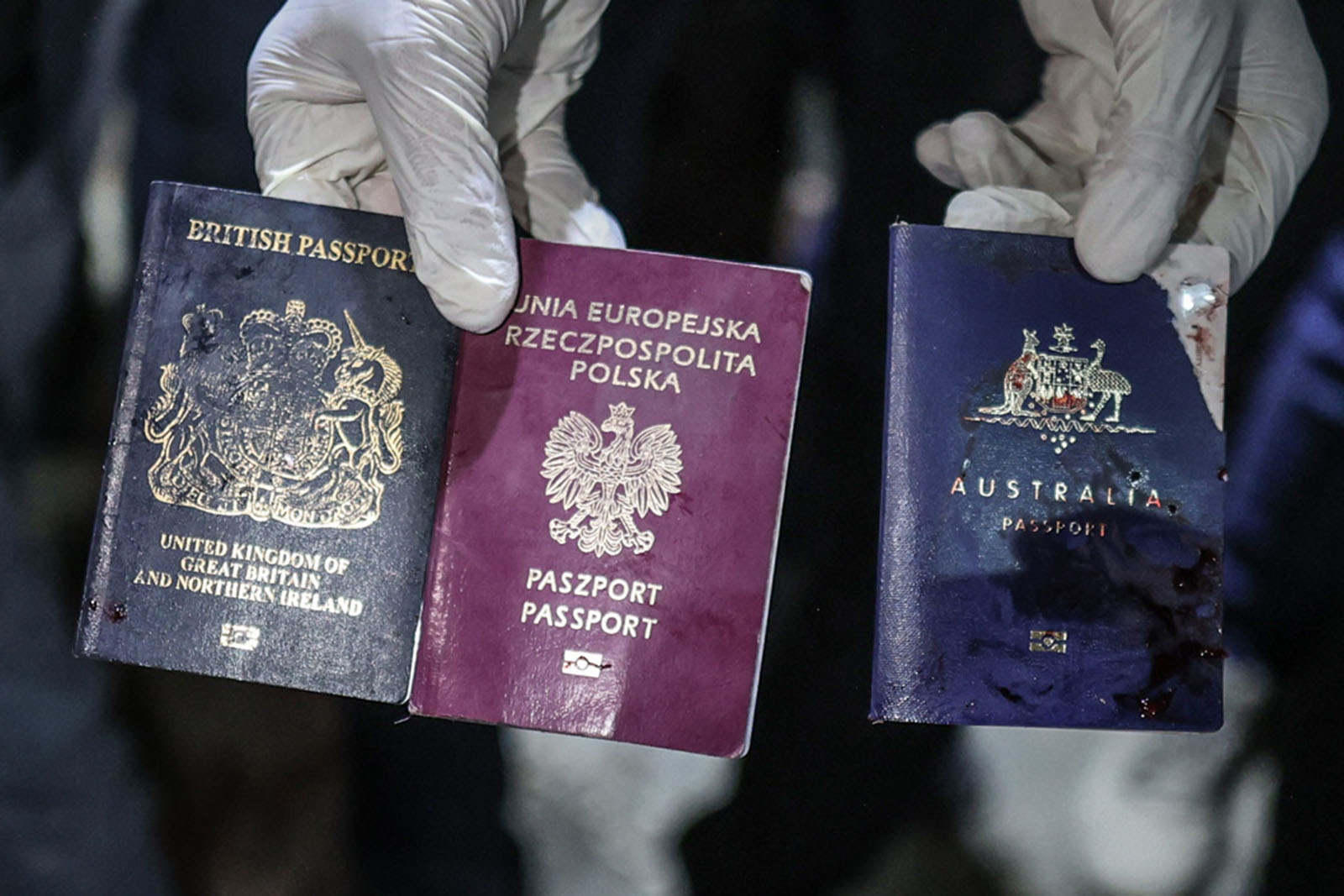The UK’s outrage over foreign aid worker killings in Gaza highlights just how little Palestinian lives matter
The deaths of World Central Kitchen staff members have been allowed to overshadow the slaying of tens of thousands of Palestinians since 7 October
–

Six months after Israel’s defence minister announced “We are fighting human animals” as the state began its assault on Gaza, only now are a growing number of British politicians beginning to voice support for a halt to British arms exports to Israel.
It was not the slaughter of more than 33,000 Palestinians, including 13,800 children, that brought about this sudden clarity. Nor was it reports of amputations being carried out on children without anaesthesia, or the clear warnings that Israel is using starvation as a weapon of war.
It was only after Israel’s killing of seven aid workers on 1 April, among them three British nationals, a Polish, Canadian-American, Australian and a Palestinian citizen, that political and mainstream media figures in the UK finally began to call for a halt to arms sales to Israel. The group of aid workers, employed by the Washington-based World Central Kitchen, was travelling in three armoured vehicles carrying aid that were clearly marked with the charity’s logo. The convoy was targeted by drones despite the organisation having coordinated their movements with the Israeli army after leaving a warehouse in Deir al-Balah.
The marked change in response to the attacks has thrown a sharp light on just how little Palestinian lives matter to British politicians and the mainstream media. It took the deaths of the six foreign aid workers for the establishment to question their unwavering support for Israel when, over the past six months, at least 237 Palestinian aid workers and 489 health workers have been killed. This indifference has exacted an appalling price for Palestinians as Israel continues to act with impunity.
Meanwhile, the mainstream media has consistently given disproportionate attention to Israeli deaths and remained largely silent on Israel’s killing of at least 90 Palestinian journalists in Gaza since 7 October, the highest death toll of journalists in any modern conflict, according to the Committee to Protect Journalists.
Little has shifted in the attitude of the British establishment towards Palestinians for more than 100 years, when the then British foreign secretary, Arthur Balfour, wrote in a memorandum: “Zionism, be it right or wrong, good or bad, is rooted in an age-long tradition, in present needs, in future hopes, of far profounder import than the desires of the 700,000 Arabs who now inhabit that ancient land.”
The pro-Israel bias of most of the British establishment is clear to see. Those who, like Jack Straw, the former foreign secretary, have started speaking in favour of an arms embargo are doing so only on the basis that Israel has now “lost the moral high ground that was there after October 7”. British politicians talk as if Israel was not acting in blatant disregard of international law long before last October, or that leading Israeli figures have not made it clear for decades that they consider Palestinians a demographic threat.
In January, the International Court of Justice was clear in its ruling that it is plausible Israel is committing acts of genocide in Gaza. The ICJ ordered six provisional measures, including for Israel to prevent and punish incitement to genocide, and ensure the provision of humanitarian assistance to civilians. Since then, Palestinians gathering around humanitarian convoys have been fired at by Israeli forces, killing more than 100 in an incident in March, as well as being crushed and drowned by international humanitarian air drops that cover only a small portion of what is actually needed in Gaza.
Yet, the ICJ’s ruling has led to no change in the approach of either the British government or the opposition in terms of ratcheting up any real pressure on Israel.
This inaction is endemic across Europe and the United States. Rather than backing a permanent ceasefire and ending its military and diplomatic support to Israel, the British government chose the next day to defy the ICJ ruling by joining a raft of countries who suspended funding to the United Nations Relief and Works Agency for Palestinian Refugees (UNRWA). In doing so, they contributed to the collective punishment of Palestinians, cutting lifesaving humanitarian aid following unsubstantiated claims by Israel that some agency staff were involved in the 7 October Hamas attacks.
The recent killing of foreign aid workers has also stopped more assistance being delivered. With more than 80% of the population displaced, 62% of all homes damaged or destroyed, and nearly all 2.3 million people in Gaza facing starvation, Israel’s blocking of aid is creating apocalyptic conditions.
While the deaths of the World Central Kitchen’s workers is a tragedy, the organisation’s efforts to build a temporary “aid jetty” from the debris of destroyed homes and infrastructure is a chilling example of the brutal form of “humanitarianism” that is now being constructed in Gaza. While Palestinian civil defence workers have lacked the necessary machinery to rescue people from the rubble, resorting to pulling people from under collapsed buildings with their bare hands, the US has been swift to send equipment to build a pier when there is a much simpler solution: stop arming Israel, ensure a permanent ceasefire, and lift the illegal siege.
Coverage of the killing of the foreign aid workers has been allowed to overshadow the killing of tens of thousands of Palestinians, but we refuse to submit to this political calculation of life and death. We will continue to strive for the freedom, justice and dignity that has been denied for so long.
Topics
Get the Hyphen weekly
Subscribe to Hyphen’s weekly round-up for insightful reportage, commentary and the latest arts and lifestyle coverage, from across the UK and Europe
